Seasoning to Put on Beef Joint
If I were to ask you what makes up a good beef stew, I'm going to guess that you would probably say beef, potatoes, carrots and some herbs and spices.
That's a pretty good intuition.
All the above ingredients are essential parts of this great recipe.
But of course, each recipe has different proportions of those core ingredients.
So what spices and herbs should be added to make the perfect beef stew? There are so many different types of spices that you can use to enhance a beef stew. The main ingredients you want to think about include: garlic, onions, herbs, thyme, rosemary, bay leaves, peppercorns, salt and pepper.

However, the answer depends on who your audience is.
Here are 18 spices and herbs that can help make your stew impressive.
What Spices to Put in A Beef Stew: 18 Spices & Herbs

There are no hard and fast rules about what spices go well with beef stew, but there are some general rules of thumb you can use to help you decide.
First off, it's important to remember that beef stew is a meal in itself—you don't want to drown out its flavor with too many spices.
Instead, focus on a few flavorful herbs and spices that will accentuate the stew's natural taste.
So, let's get started!
1. Curry Powder

Curry powder is a combination of ground spices, typically including turmeric, coriander, and cumin.
Curry powder is great for use with beef stew because it adds a depth of flavor to the dish that is otherwise unobtainable.
While curry powder is often associated with Indian dishes, it can be used to enhance the flavors of other styles of cooking as well.
If you're looking for an extra kick, this spice will do the trick!
2. Fennel Seeds

One spice that many people overlook when cooking beef stew is fennel seeds.
Fennel seeds have a sweet, subtle flavor that really complements the thick, hearty texture of a beef stew.
They can be added either whole to the stew during preparation or ground at the end of cooking to add an element of texture to your finished dish.
Fennel is also rich in antioxidants, which means it helps strengthen your immune system.
It also contains a number of essential oils known for their anti-inflammatory properties—so adding fennel seeds to your beef stew can help reduce swelling and pain associated with arthritis or other conditions that cause inflammation in the body!
3. Thyme
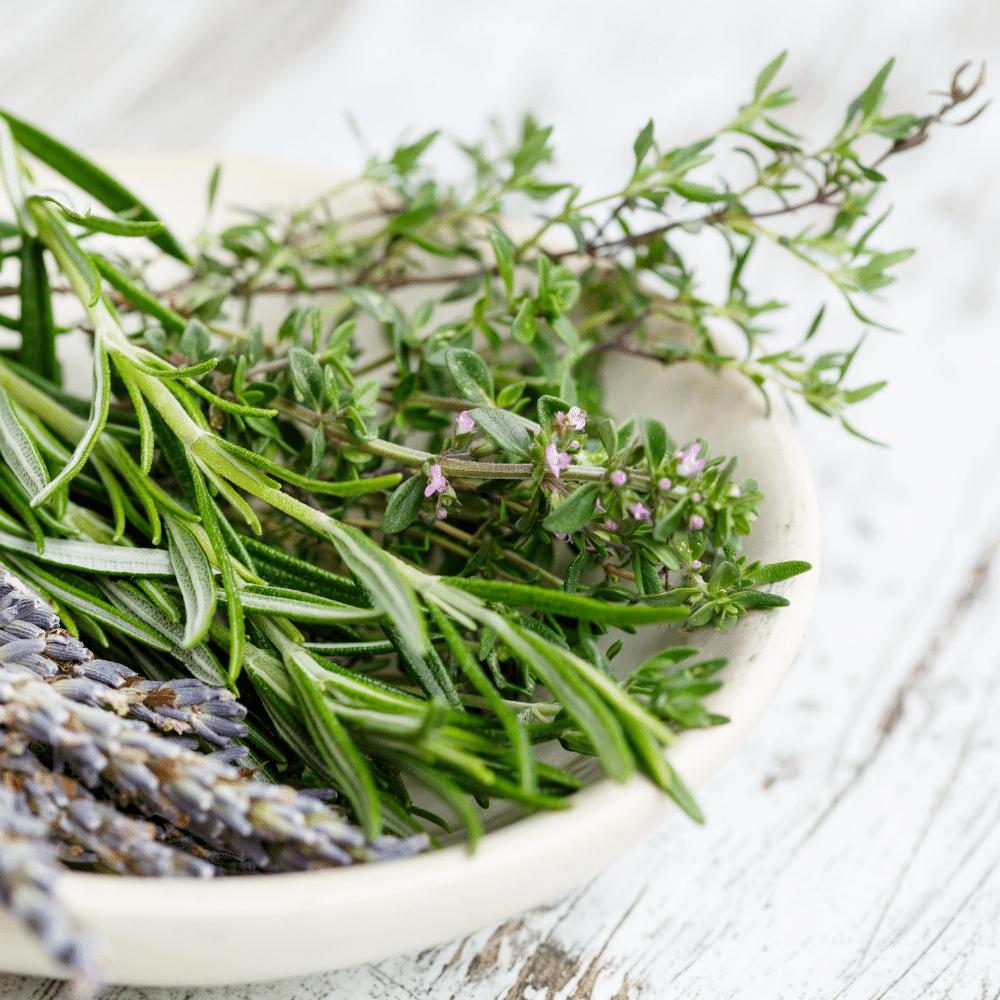
When it comes to spices and herbs, minimalism is underrated.
Don't get me wrong: I'm all for the grand flavor profile that comes with a well-stocked spice cabinet.
But when you're talking about making a beef stew, you need to keep things simple.
Enter thyme.
It's a great addition to your beef stew because it has a strong aroma, which means it'll be able to hold its own against the richness of the meat and vegetables and the sharpness of the onions and garlic.
What's more, it doesn't have an overwhelming flavor—it's not going to leave you tasting like you're snacking on a tree, which is always helpful when you're trying to make sure your stew tastes like… stew!
So if you're looking for a great way to add just a bit more depth to your beef stew without weighing down its simplicity, try adding thyme.
4. Cloves
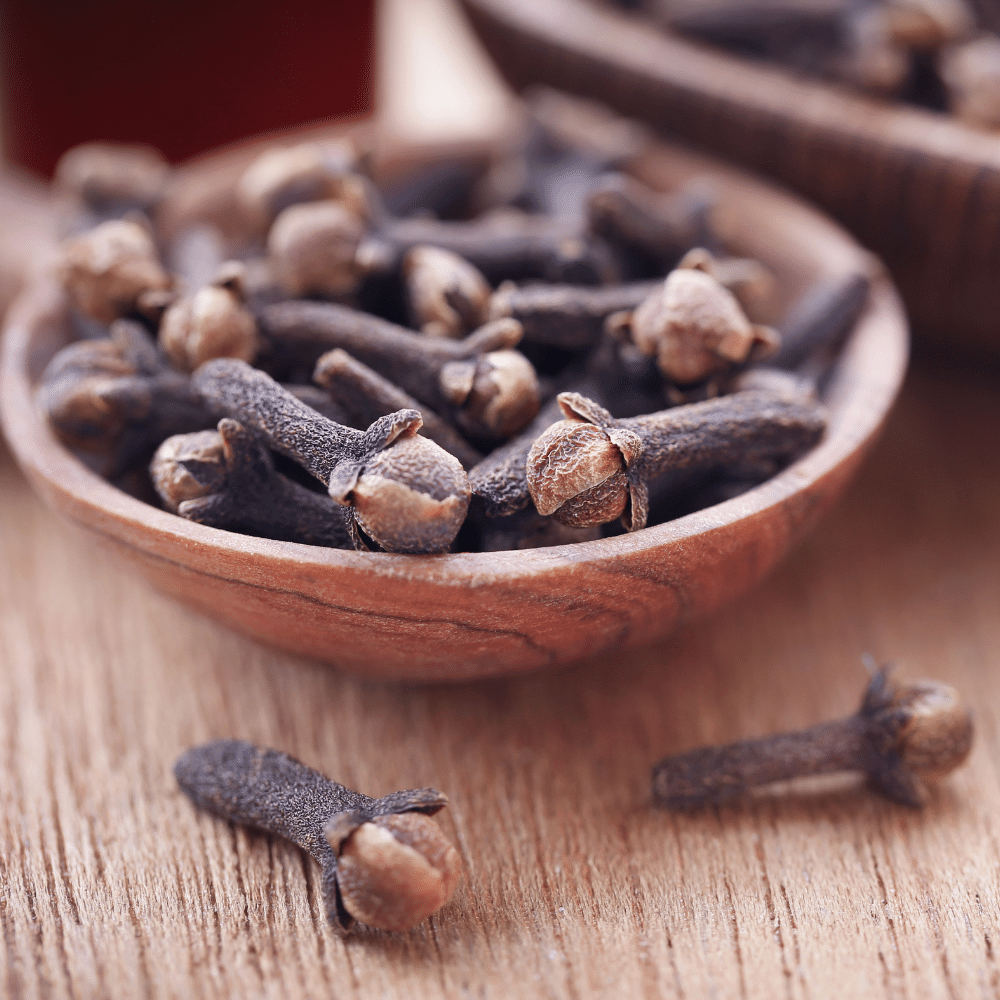
Cloves give your beef stew that classic taste of sweetness and spice, without any unnecessary ingredients.
Not only will it help you make a delicious, hearty meal for your family, but it'll also make you feel good about your cooking skills.
5. Oregano
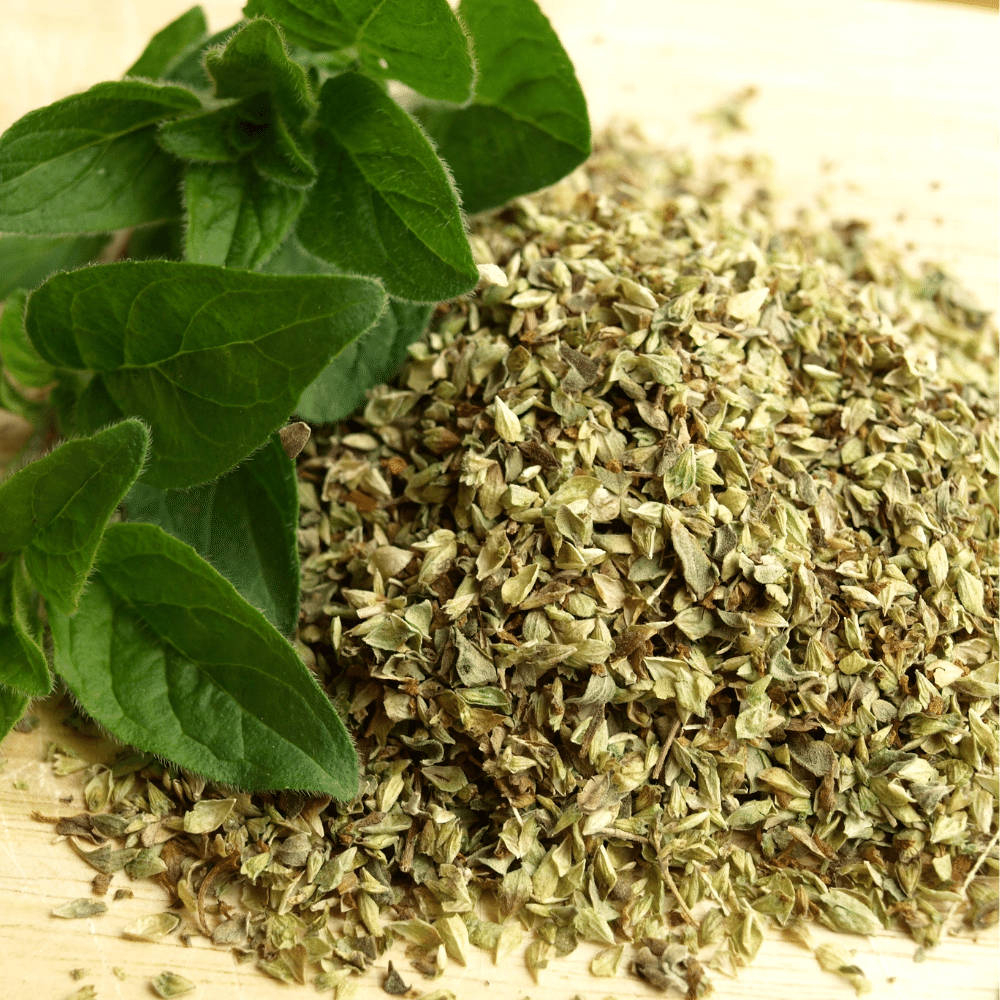
Oregano goes really well in beef stew.
While many people think of oregano as an Italian spice, it's actually native to the Mediterranean.
You'll find that most of the herbs used in Mediterranean cooking are also great for flavoring beef stew.
This is probably because beef stew is a traditional Mediterranean dish, and so the herbs that go with it have been around for a long time!
Oregano has a distinct flavor that's warm and balanced with a little bit of bite.
It adds depth and a unique flavor to this classic dish.
6. Rosemary
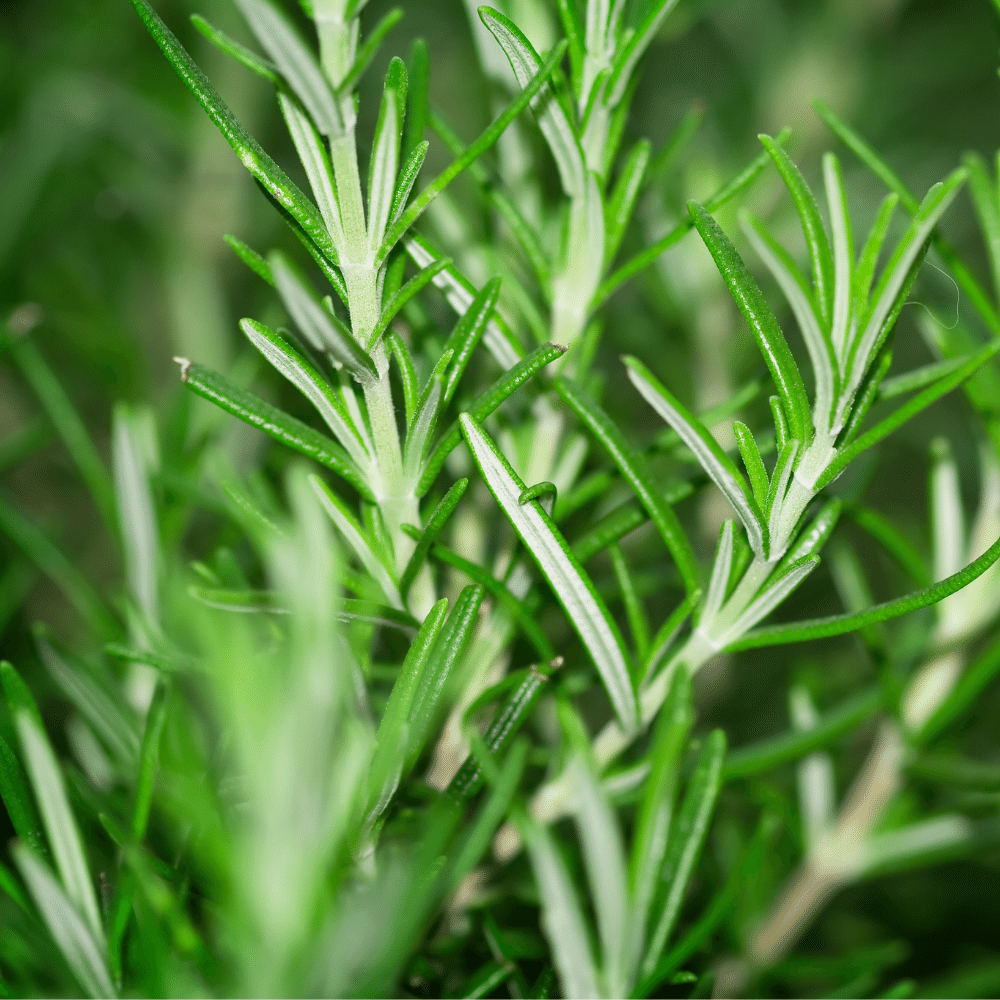
Beef and rosemary are a match made in heaven.
The peppery, piney taste of rosemary complements beef so well that you can't really tell which flavor is coming from which ingredient—they just work together in perfect harmony.
Rosemary also has an earthy quality that provides a nice base for the meaty, hearty flavors of beef stew.
7. Paprika
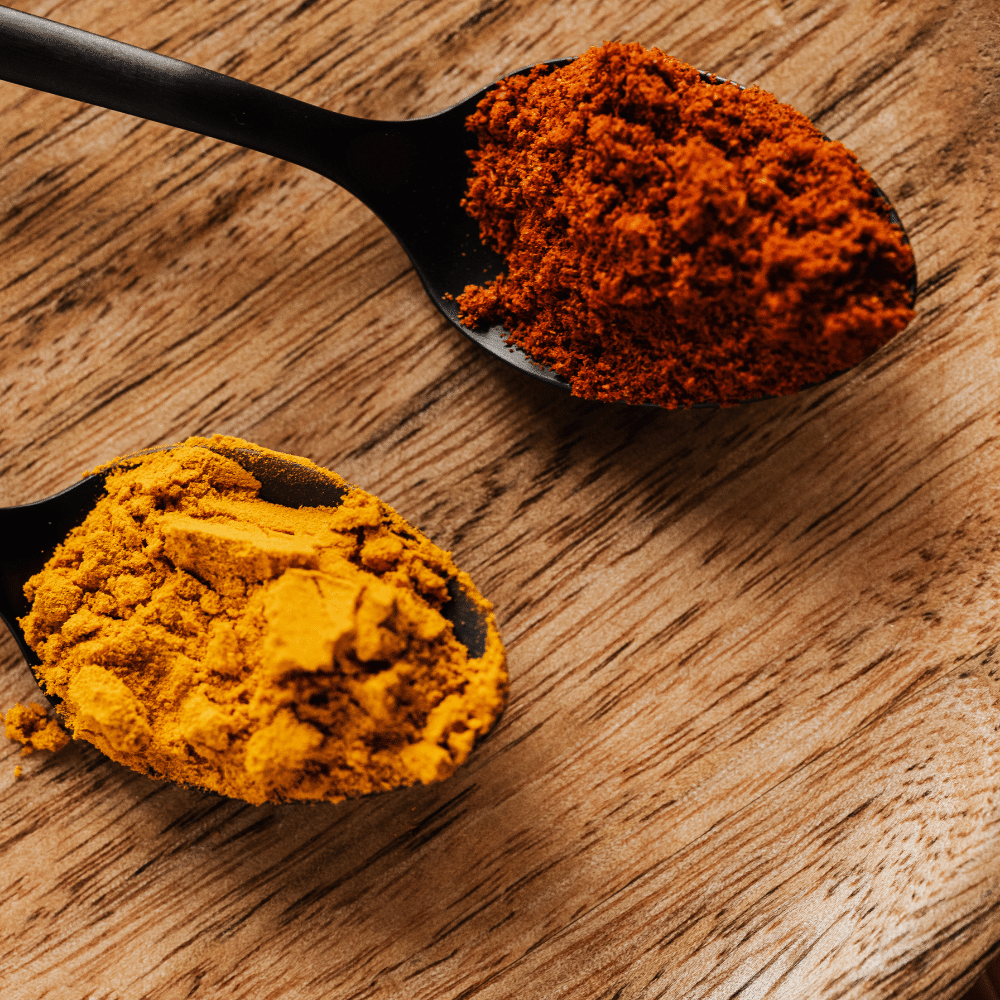
Do you have a favorite spice that you feel like is your secret weapon?
Paprika might be yours.
Paprika is great for adding both flavor and color to dishes, and it's especially complementary in beef stews.
It's a sweet, mild spice, so you don't have to worry about it overpowering the other flavors of the dish.
It adds some warmth without being too spicy, and its red color makes the stew look like it's been simmering on the stove all day—even if you've only had it going for half an hour!
Paprika has different levels of heat depending on its variety: Hot paprika is made from chilies, or peppers, while sweet paprika is made from just one type of pepper.
There are also smoked varieties.
All three are easy to find in stores and online.
You can add paprika to your beef stew at any point during cooking—it goes well with pretty much any other spice you might choose to use!
Just be careful not to overdo it—a little goes a long way when it comes to this delicious powdery concoction!
8. Bay Leaves

Bay leaves are subtly aromatic and can add a depth of flavor to your stew.
They can also add a nice touch of color to your stew.
You should add them near the end, otherwise they might turn bitter if cooked for too long.
Bay leaves can be paired with any combination of herbs or spices like thyme, rosemary or allspice.
If you're not sure what spices to use, try mixing up a few bay leaves with a teaspoon of black pepper and a dash of salt.
9. Parsley

Parsley is a spice that can be used in many dishes—its versatility allows it to mix with many different flavors, and it can serve as an accent or the main spice.
This makes it a perfect spice for a stew with beef.
The flavor of parsley works well with a stew because of its complexity.
The beef in beef stew has a strong flavor that can overpower spices if they are not used carefully.
Parsley has a very mild flavor, so it will not compete with the beef.
It also provides a nice contrast to the meat's earthy tones, giving the dish more depth.
In addition to its flavor, parsley can help provide some health benefits—it's rich in vitamins A and C, which both help strengthen our immune system. Parsley has anti-inflammatory properties as well!
This will allow you to feel better while enjoying your delicious meal!
10. Ginger Powder
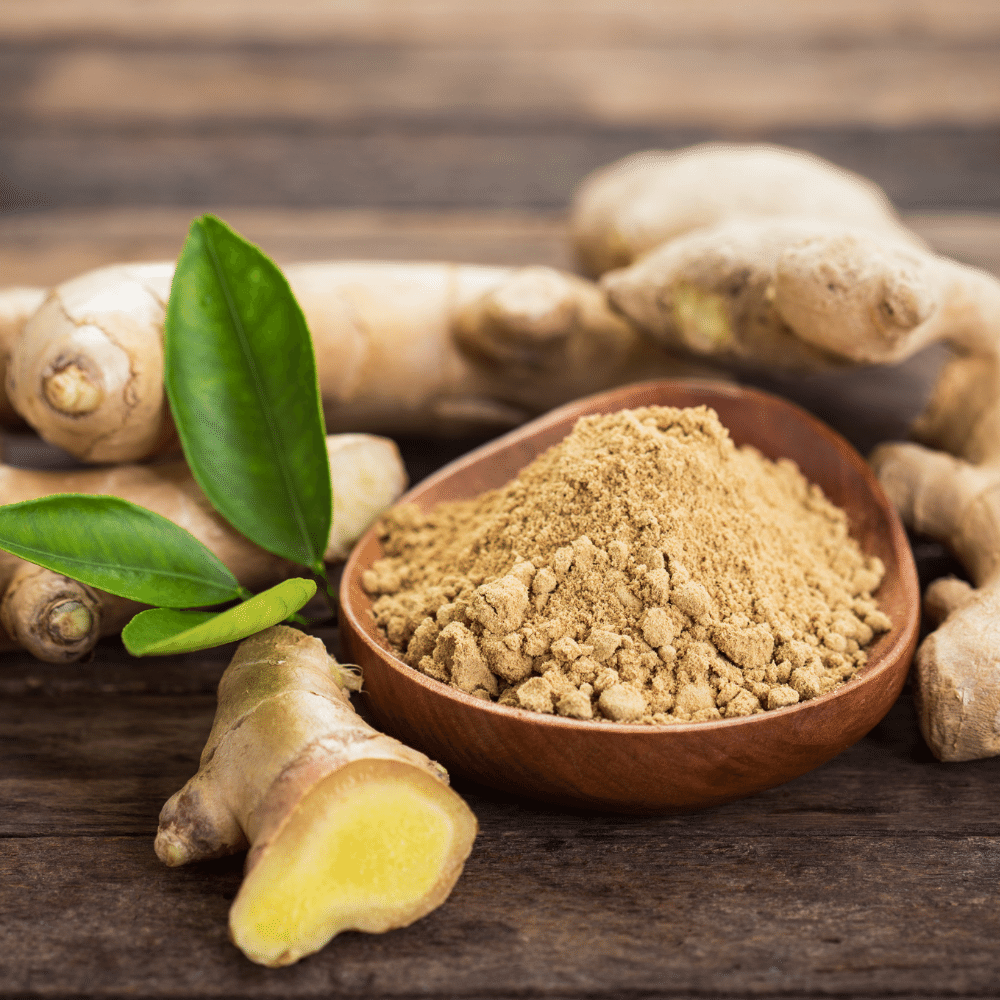
Ginger is a very common kitchen staple, and it is used in many different cuisines around the world—from Indian cuisine to Chinese cuisine to even some Italian and Mediterranean dishes.
Ginger powder is also super easy to use.
Simply add a teaspoon of ginger powder per pound of beef in your stew recipe, toss it into the pot with other ingredients such as carrots, celery, onions or potatoes (we like all four!), cover it up with some water and let simmer until done!
A little bit goes a long way so don't worry about overdoing it with this spice.
11. Sage

Sage has a myriad of health benefits and a flavor that can complement a beef stew perfectly.
A leafy green herb, sage is very aromatic, with a slightly peppery taste.
It also has anti-inflammatory properties that are great for digestion and overall wellness.
Sage can help calm an upset stomach, which is great when you're dealing with the heaviness of a beef stew!
Also, it's just delicious.
Seriously though—it gives any stew that extra something that takes it over the top.
12. Cinnamon Powder
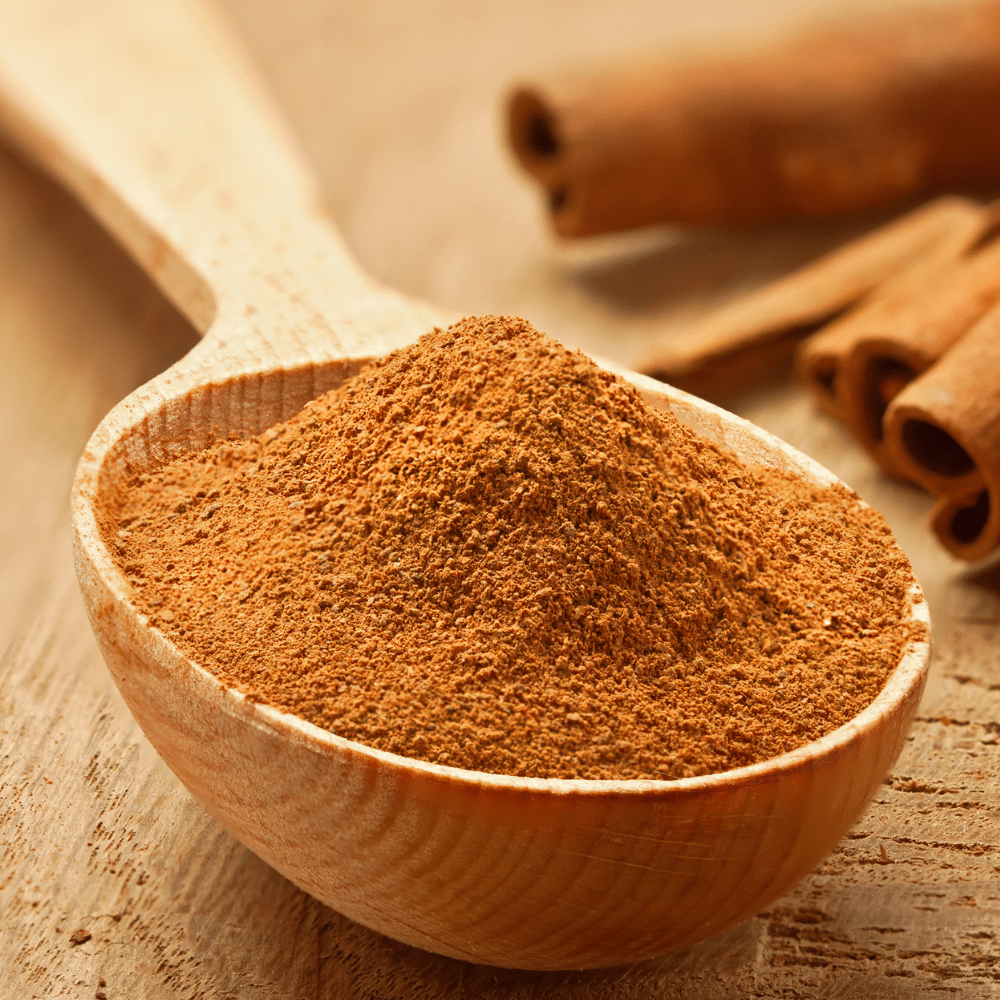
Cinnamon is rich in antioxidants and has been used in traditional medicine since ancient times.
It has a warm, almost nutty flavor, which makes it perfect for meat dishes like beef stew.
You can use cinnamon in your beef stew in two ways: sprinkling it on the meat before you cook it, or adding ground cinnamon to the sauce as you simmer it down.
The latter method is particularly effective if you're making your own sauce from scratch!
You'll get a hint of cinnamon without any overpowering notes—unless you want them!
13. Cumin

It's easy to ignore cumin and just go for other spices that are more popular, like oregano or cinnamon (we get it: cinnamon is delicious).
But cumin isn't here to cancel out other spices—it's here to elevate them and make them work better together.
Cumin is a versatile spice that can complement a wide variety of flavors in your stew, but it really shines when you let it shine on its own.
And the best part?
The health benefits of cumin are almost as great as its taste.
Cumin has been shown to aid digestion, reduce cholesterol and blood sugar levels, prevent foodborne illness, and even help treat respiratory disorders like asthma!
Who knew one little spice could do so much?
So next time you're making beef stew—and thinking about what spices and herbs to throw in—remember how much flavor cumin can add, not just for your taste buds but for your whole body.
14. Coriander
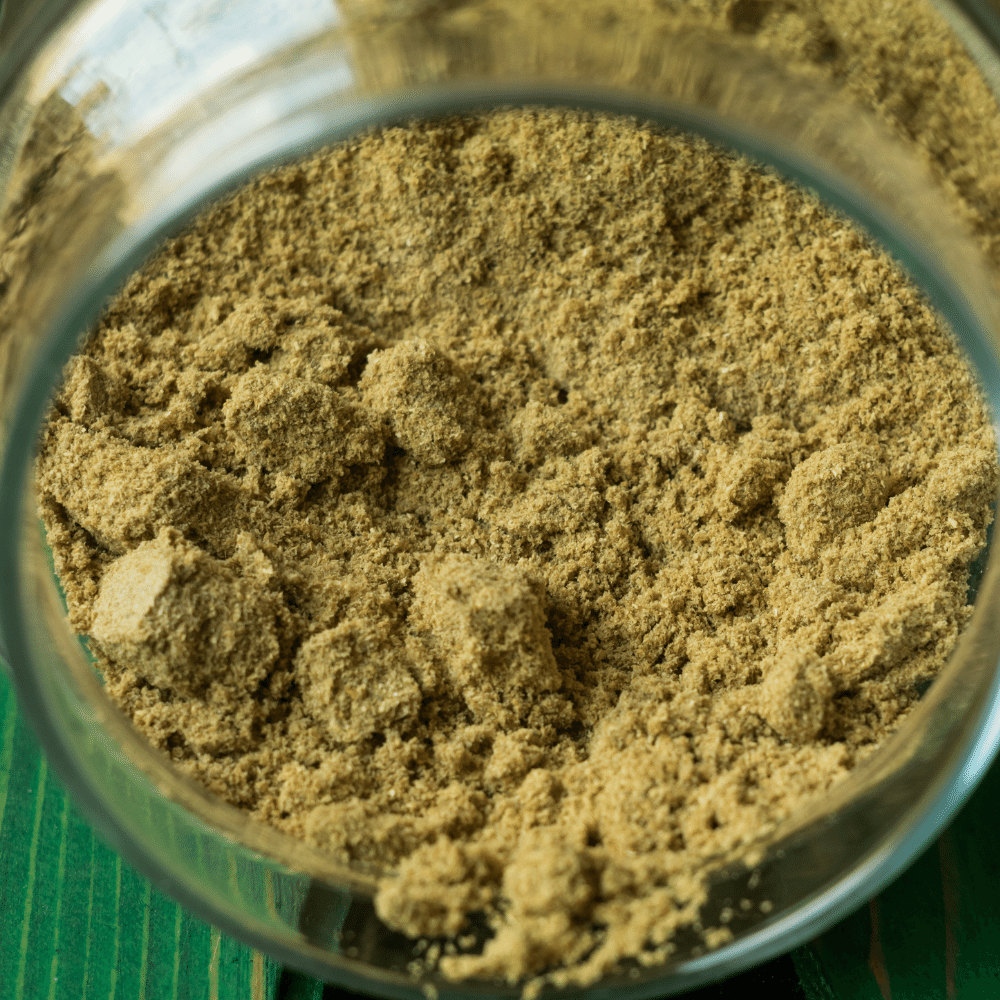
Coriander is a spice that's great at bringing out the natural flavor of the meat and vegetables in your stew, while also adding a bit of its own pleasant, slightly citrusy flavor.
It's great to pair with other spices like ginger and cumin, but it also plays well with itself: try pairing ground coriander with coriander seeds.
15. Red Chili Flakes

Red chili flakes have a wonderful flavor that adds a "pop" to any stew, but especially a beef stew.
The mild heat of the flakes really helps the other flavors come alive while enhancing the natural flavor of the meat and vegetables that are in the stew.
In addition to their incredible taste, chili flakes are also great for you!
They help your body fight off infection and reduce inflammation, so not only will you enjoy eating your delicious beef stew, you'll be healthier for it too!
16. Marjoram

Marjoram's flavor is similar to oregano, but it's much more delicate.
It's sometimes called sweet marjoram because of its savory, slightly sweet taste.
This spice complements the rich flavors in the beef and creates the perfect broth for your stew—it's absolutely delicious!
17. Nutmeg

Nutmeg is the perfect spice for beef stew because it combines well with the spices you already know and love (like bay leaves and thyme) but provides a warm and unique twist that gives your stew just the right amount of oomph.
18. Allspice

Allspice is a spice that comes from the dried berry of a plant native to South America and the Caribbean.
It's called "allspice" because it tastes like a blend of nutmeg, cinnamon, and cloves, making it the perfect spice for all sorts of dishes!
Some people also describe its flavor as being similar to ginger or peppercorn.
It's a staple in Jamaican cuisine, though it's also used quite often in American and Middle Eastern food.
Allspice is an ingredient in many different spice mixes and rubs, including garam masala, jerk seasoning, and pickling spices.
It's also great on its own as a rub for meats like beef stew.
Using allspice on your beef stew will give it an extra kick of flavor without overpowering your other ingredients—just be sure not to use too much!
You can add up to 1 teaspoon per pound of meat if you'd like.
6 Benefits of Adding Spices To A Beef Stew

Simply put, adding spices to a beef stew can be a great way to change up your usual recipe.
Not only that, but it can also make your stew more flavorful.
Here are the benefits of adding spices to a beef stew:
1. Taste
Adding spices to a beef stew can add more flavor to your regular stew, making it tastier – and you will know this yourself if you have ever tried making one.
The more spices you add, the more flavors your stew will have.
For example, if you like garlic, then you should add some in as it will make the stew taste better than if it had none.
2. Health
Spices are good for our health because they contain many vitamins and minerals that help us stay healthy.
This means that by adding them into stews, we get all these benefits without having to eat them separately! So not only does it taste better but also healthier too!
3. Variety
Adding spices to a beef stew gives you the opportunity to try new things and experiment with different recipes.
It's always fun when cooking so why not spice things up once in awhile?
4. Aroma
Aromatic spices like cumin, cinnamon, and rosemary not only add flavor to your stew, but can also make it smell better too!
If you're making a stew for a special occasion, or just want to impress your friends, adding some aromatic spices is an easy way to do it.
5. Spices Can Help Make a Beef Stew More Digestible
Beef and potatoes are both on the harder-to-digest end of the spectrum, so adding spices can give your body an extra edge in breaking down these foods into their most basic components for easy absorption and use by your body.
6. It's Fun
It's hard not to smile when you're cooking with such fun ingredients.
The added benefit to having fun while cooking is that you'll be smiling when you're eating your delicious stew later on!
What Can I Add to Beef Stew for Flavor?
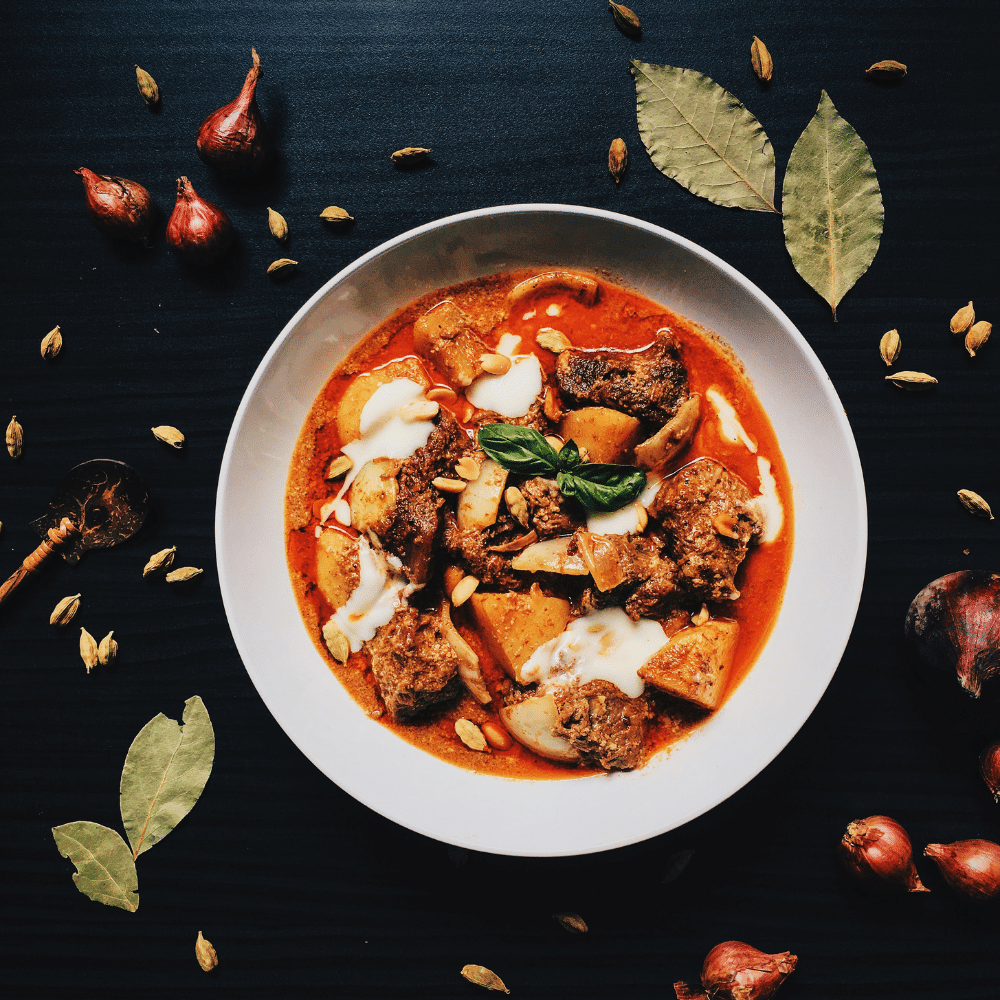
Beef stew is a great, hearty meal that's hard to mess up.
It's also a simple dish that doesn't require a ton of fancy ingredients.
That said, there are some ways you can punch up the flavor of your beef stew and make it more unique.
The first step is to start with the best beef you can afford.
A good-quality broth will make the base of your stew richer and tastier, so it pays to invest in grass-fed beef or another high-quality product.
If you like garlic, add a whole head of it—peeled and chopped—to your stew early on in the cooking process.
Garlic will mellow out over time, but throwing in an entire head as opposed to just a clove or two will lend an intense flavor to your stew that will come through even after hours of cooking.
You can also add other aromatic vegetables such as onions, leeks, and shallots for extra flavor.
While you're at it, consider adding some unusual spices like star anise or cardamom pods to give your stew a more complex flavor profile.
Experiment with different combinations until you find something you like!
You can also try adding red wine or balsamic vinegar to give your beef stew a rich finish.
Just be sure not to use too much—you don't want the stew to taste bitter or sour.
If you're not a fan of wine, try skipping this one altogether.
How to Choose Which Spices to Put in Beef Stew
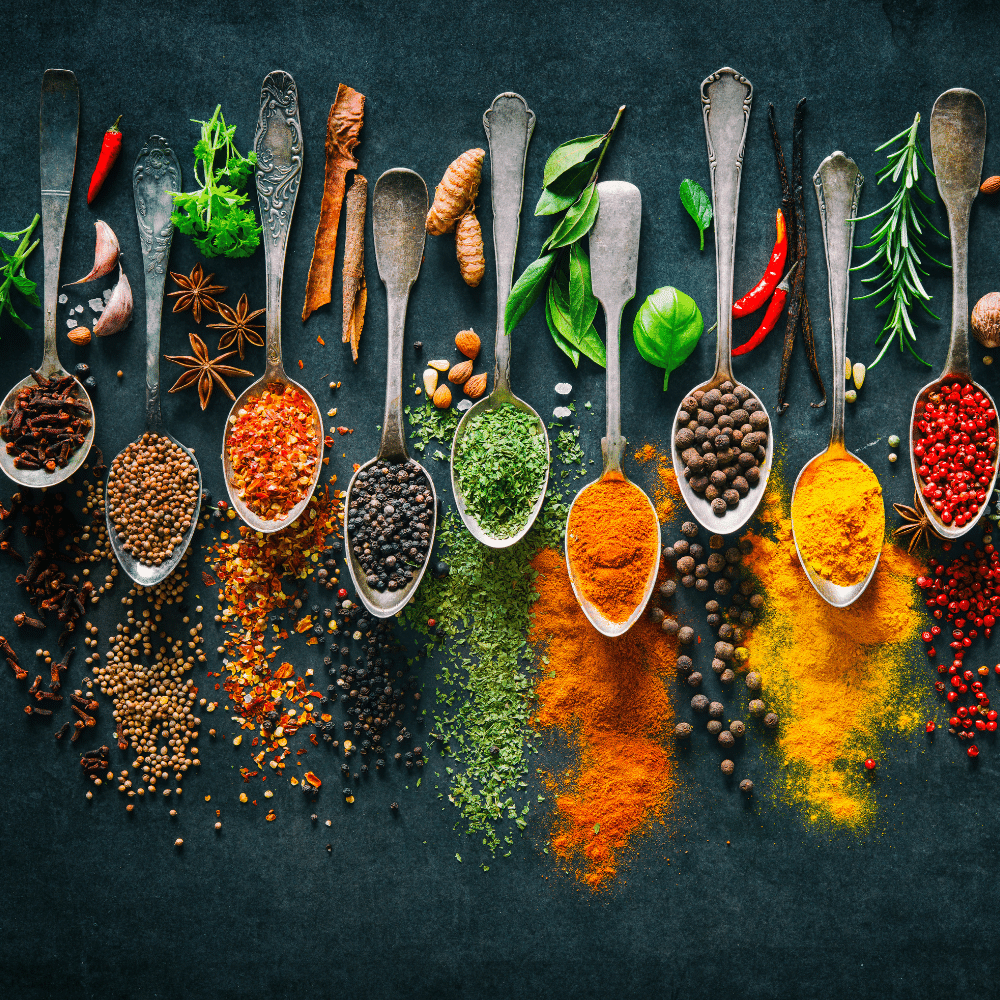
Let's face it, choosing the right spices can be difficult.
Every time they get used, they seem to sit there on the spice rack until they're forgotten.
This is a shame when you consider how much effort goes into growing and harvesting those ingredients.
So, let's talk about how to choose the right spices.
1. What Are You in The Mood For?
What's your favorite flavor?
It's okay if you don't know off the top of your head—just think about what you're already feeling.
Do you want a spicy soup, or something more savory?
Are you craving something with a strong flavor that stays around in your mouth for a while, or do you want something subtle and aromatic?
The best part about making beef stew is that there are so many different spices!
The world is literally your oyster.
There are so many options to choose from, that you're guaranteed to find one that suits your mood.
And if you're not feeling totally inspired, try looking up recipes online!
Chances are, someone else has made beef stew with the flavors that you're craving.
2. Choose Spices that Are Good to Stand up To Slow Cooking
When choosing spices, it's important to remember that the flavors will intensify over time.
So if you're planning on letting your beef stew simmer for hours, you'll want spices that are strong enough to hold their own over the course of the cooking process.
3. Consider What Other Ingredients Might Be in Your Stew
When choosing which spices to put in your beef stew, it's important to consider what other ingredients might be in your stew.
If you have a lot of salty elements in there, like ham, or a lot of vinegar, then maybe you want to go for fewer saltier spices, like sage or rosemary.
If you have really sweet stuff, like carrots and apples, you can use more piquant spices, like paprika and cumin.
And if you're going for sweet-and-sour, do both!
4. Keep Allergy Concerns in Mind
There are a lot of great spices out there, but we know that not all of them agree with everyone.
We recommend keeping an eye out for allergies and sensitivities when you're putting together your spice rack.
You may want to skip some of the spices that contain gluten or lactose if you have allergies or sensitivities.
That doesn't mean you can't use those spices—just take extra care when using them (and don't worry if they make your eyes water!)

What Spices to Put in A Beef Stew: 18 Spices & Herbs
A beef stew can be incredible with just onions, carrots, potatoes, and beef—but adding a few spices will help elevate its complexity.
Herbs like thyme and rosemary are traditional in beef stews for a reason: thyme complements the earthiness of the meat and rosemary adds a punch of scent that can really elevate the dish.
Adding a pinch of red pepper flakes will give your stew a kick without being overpowering—and it will balance out the other sweet flavors from the carrots and potatoes.
In addition to adding flavor, spices can create interesting new layers of texture by using different types of powders or even crushed whole herbs.
Letting your stew simmer for a long time will allow the flavors to meld together in beautiful ways—so don't be afraid to experiment!
Try out some different combinations and see what you like best!
- Curry Powder
- Fennel Seeds
- Thyme
- Cloves
- Oregano
- Rosemary
- Paprika
- Bay Leaves
- Parsley
- Ginger Powder
- Sage
- Cinnamon Powder
- Cumin
- Coriander
- Red Chili Flakes
- Marjoram
- Nutmeg
- Allspice
-
Pick any of the spices or herbs to put in your stew.
-
Prepare the rest of your meal.
-
Enjoy your dinner in less than 25 minutes!
Source: https://happymuncher.com/what-spices-to-put-in-a-beef-stew/
0 Response to "Seasoning to Put on Beef Joint"
Post a Comment